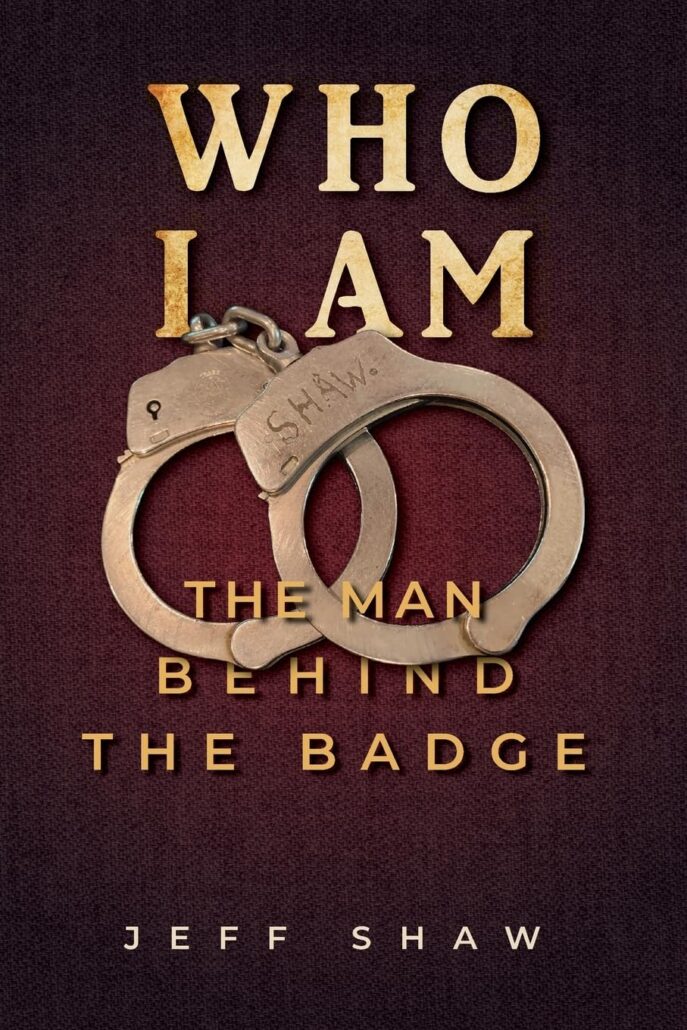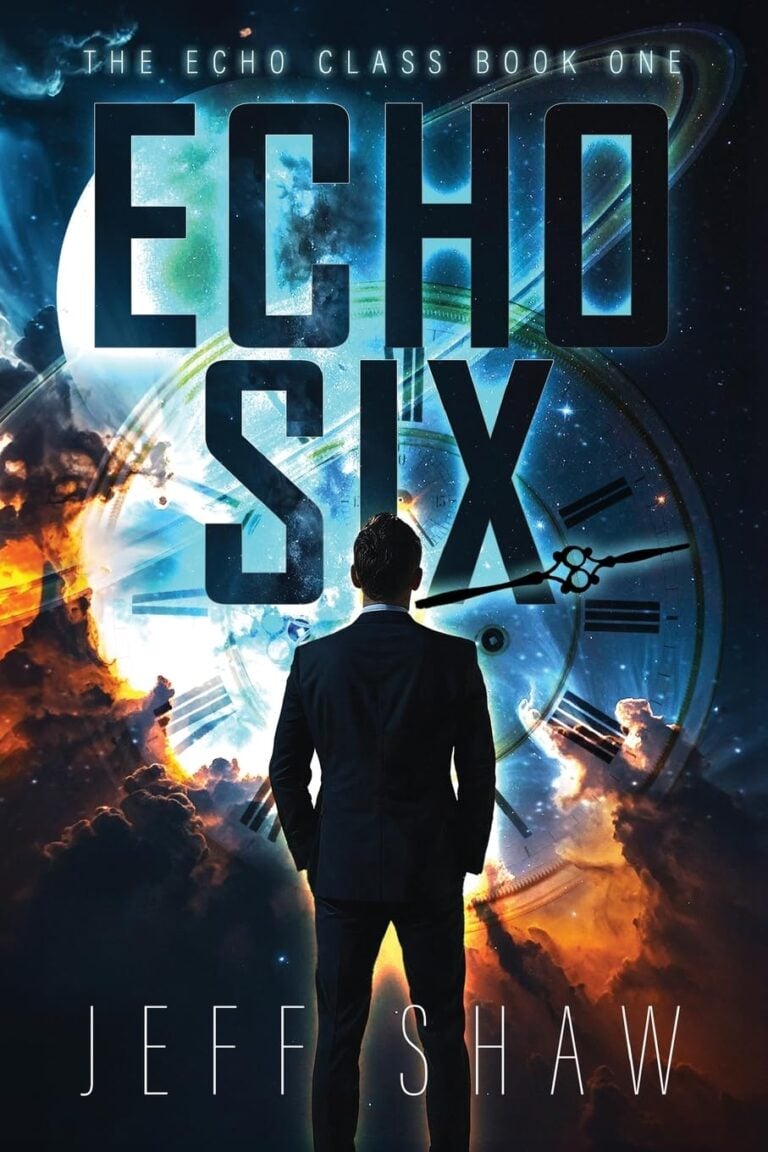Echo Six received a 4+ star review, making it an IndieReader Approved title.
Following find an interview with author Jeff Shaw.
What is the name of the book and when was it published?
Echo Six was published in October of 2024. I worked on it on and off for fifteen years while working on other projects, and last October it was ready.
What’s the book’s first line?
“Echo Six stood in the hatch of his crippled ship and stared into the vastness of space.” I wanted a great hook to start the story, and Stephen King’s hook in the first novel of the Dark Tower Series has always impressed me.
What’s the book about? Give us the “pitch”.
Echo Six leaves Earth in the twenty-fourth century and crash-lands his spacecraft in the desert of New Mexico in 2025. He has traveled some 350 years into the past and now must learn to survive.
What inspired you to write the book? A particular person? An event?
I’ve been reading science fiction since the age of thirteen. It started with Robert Heinlein’s novel, The Moon is a Harsh Mistress. I read that book cover to cover and then every other book he wrote. Eventually branching out into other authors and different genres, but science fiction is still my favorite.
What’s the main reason someone should really read this book?
I believe sci-fi fans are very loyal to the genre and all its subgenres and tropes. We just can’t get enough, and it’s a challenge to write something worthy of such famous authors. I don’t pretend, but I aspire to one day be compared with authors like Asimov, Heinlein, and Arthur C. Clark, but I do want to do my best.
What’s the most distinctive thing about the main character? Who-real or fictional-would you say the character reminds you of?
Echo Six was the sixth cadet to enter the Echo Class as a child, an orphan grieving the loss of his parents. But he’s an average child who is taught and engineered by the sciences common of his day to pilot a spacecraft and explore the future. As an adult, he’s accepted his role to find a future planet to save mankind. Earth is being torn apart by overpopulation and declining resources, and the race is on to find that planet.
I believe Six reminds me of several characters both real and fictional. In Bladerunner, Rick Deckard played by Harrison Ford is a loner—he’s quiet but a staunch professional—until he meets Rachael.
In real life, I would compare Six to Neil Armstrong, the first man on the moon played by actor Ryan Gosling in First Man. He’s a quiet man, awkward when it comes to speaking about his personal life, but a dedicated professional.
When did you first decide to become an author?
I never considered writing until I retired from law enforcement in 2003. Although an avid reader, I never thought I possessed the necessary skills or imagination. I began writing what would become my memoir as a simple letter to my kids, something for them to remember me by as they were still in day care when I retired.

Is this the first book you’ve written?
No, Who I Am: The Man Behind the Badge was almost finished when I began writing a science fiction story as a break from writing the memoir. Recalling those horrible events from work were frustrating and I needed the escape writing fiction offered.
What do you do for work when you’re not writing?
I’m professionally retired. I was employed as a homicide supervisor in South Florida. Now, when I’m not writing I enjoy golf, working out in the gym, and watching the wildlife around my mountain home.
How much time do you generally spend on your writing?
I’ve been on a break for two months, but when I am writing, I spend about five hours a day on the story and usually several hours promoting or publicizing my work, so it’s almost a full-time job.
What’s the best and the hardest part of being an indie?
Publicizing. I have a very limited budget when it comes to advertising, so I’m limited to word of mouth, either personally or on social media.
What’s a great piece of advice that you can share with fellow indie authors?
I learned quickly what works as far as learning the craft of both writing a story that people want to read, and getting it into a strangers’ hands. Try everything. I do my best when selling at craft fairs around town. It’s an art—learning how to engage a stranger and talk them into wanting your book. Conferences can be very expensive, but you should go to at least two and network with people that know more than you do. Learn that pitch. Experience is the best teacher.
Would you go traditional if a publisher came calling? If so, why?
Only if it was a reputable well-known publisher. I’ve seen so many authors, both experienced and not, glow as they introduce themselves as published authors. Only to learn months or a year later how the publisher was a fraud or went bankrupt, then they have the difficulty of getting the rights to their book back. I’m very satisfied being an indie.
Is there something in particular that motivates you (fame? fortune?)
It may sound odd, but my goal has always been to become successful. To me that means having written a book that people enjoy reading. I have no interest in being famous and I live very comfortably without the fortunes of being rich, although I wouldn’t turn it down.
Which writer, living or dead, do you most admire?
Ernest Hemmingway, Edgar Allen Poe, H.G. Wells
Which book do you wish you could have written?
A Game of Thrones

